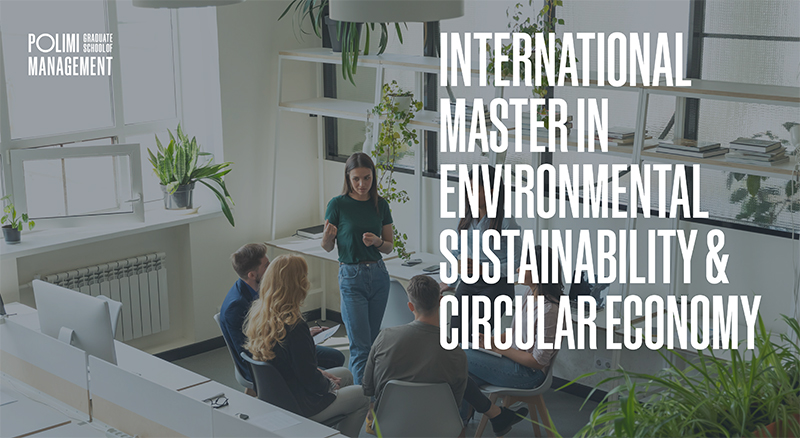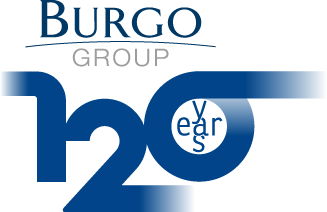Burgo partner del Master in Environmental Sustainability & Circular Economy
Sustainability is an increasingly paramount issue for every type of organization: companies are called upon to correctly manage energy and product flows throughout their life cycle, also according to the principles of the circular economy.
Sustainability and circular economy are consolidated topics of great importance for Burgo Group. With this in mind and with an eye toward the future, in 2021 Burgo Group entered into a partnership with the POLIMI Graduate School of Management to support the International Master in Environmental Sustainability & Circular Economy.
The 12-month program takes place at the Graduate School of Management of the Politecnico di Milano and is entirely in English. Its main objective is to provide the skills necessary for a managerial career in the field of sustainability, with a particular focus on energy management and circular economy.

Combining the innovative teaching methods that distinguish the business school with a smart learning and project-based approach, the Master makes extensive use of real case studies.
The course of study requires the completion of project work on a topic relevant to environmental sustainability and the circular economy. In the academic year 2021-2022, the HSE Director of Burgo Group, Valerio Forti, was the tutor of one of the students: the project work concerned the CO2 emissions of Scope 3.
Focus on Scope 3 emissions
The carbon footprint (also called the GHG inventory, i.e. Green House Gases), is a measure that expresses in CO2 equivalent the total greenhouse gas emissions associated directly or indirectly with a product, organization, or service. The carbon footprint groups the emission sources into three macro-categories:
- SCOPE 1: direct emissions related to company processes
- SCOPE 2: indirect emissions from energy consumption (electricity)
- SCOPE 3: other indirect emissions resulting from the activities upstream and downstream of the organisation.
Mapping these three sources allows a complete view of the emissions that affect the creation of a product.
Scope 1 and Scope 2 emissions have always been monitored and reported by Burgo: the calculation of Scope 3 emissions started in 2022, including all indirect emissions produced in the value chain of the company, as a result of its activities.
The main sources of Scope 3 emissions in Burgo
The entire Scope 3 emissions assessment process was supported by an external company, the BCG, to rigorously apply the rules for this assessment.
According to the surveys carried out, the greatest contribution to Scope 3 CO2 emissions for Burgo Group originates from the procurement area of raw materials and services.
Scope 3 emissions make up 59% of the Burgo Group's total emissions: a situation similar to that of the main players in the Pulp & Paper sector. Therefore, a need arises to identify the levers and opportunities in the Scope 3 area to contribute to the reduction process that has already started.
Burgo Group believes that measuring emissions precisely is the starting point for developing an effective climate strategy. It is essential to identify the emission sources to intervene promptly in the company’s impact reduction and to provide credibility to the emissions compensation phase.
The project presentation was delivered on 29 September, at the end of the 2021-2022 academic year.
The current and future course years of the International Master in Environmental Sustainability and Circular Economy of the POLIMI Graduate School of Management continue to pursue the goal of training new generations of sustainable development managers, preparing students to manage the challenges related to the circular economy.


